PENALTY ABATEMENT
Did you receive a notice from the Internal Revenue Service saying you owe a penalty? Since there are over 150 different kinds of IRS penalties, it is important that rather than just blindly paying the amount the IRS says you owe, you take the time to learn why the IRS is charging you the penalty and determine whether the notice is correct, or if the information they have is in error. If you do not agree with the facts of the letter or wish to try to get the penalty reduced or eliminated, in many cases you can get the penalty wholly or partially removed. It is important you respond timely to Internal Revenue Service notices to ensure you retain all your rights. We have assisted hundreds of taxpayers in having their penalties reduced or eliminated. If you have any questions you would like additional information, give us a call at 1-800-408-3122 or email us at taxhelp@iowetaxes.com.
What is a penalty abatement with the Internal Revenue Service?

What if the Internal Revenue Service rejects my request for penalty abatement?
If your request for penalty abatement is rejected, you still have an opportunity to appeal the decision. An appeal has to be made in a timely manner however, so be sure to file any appeal within your window to appeal, or you lose valuable rights. Also keep in mind that a penalty abatement decision may include a partial abatement of penalties, which can still save you substantial money if successful.
Reasonable cause
First Time Penalty Abatement
Statutory Relief




